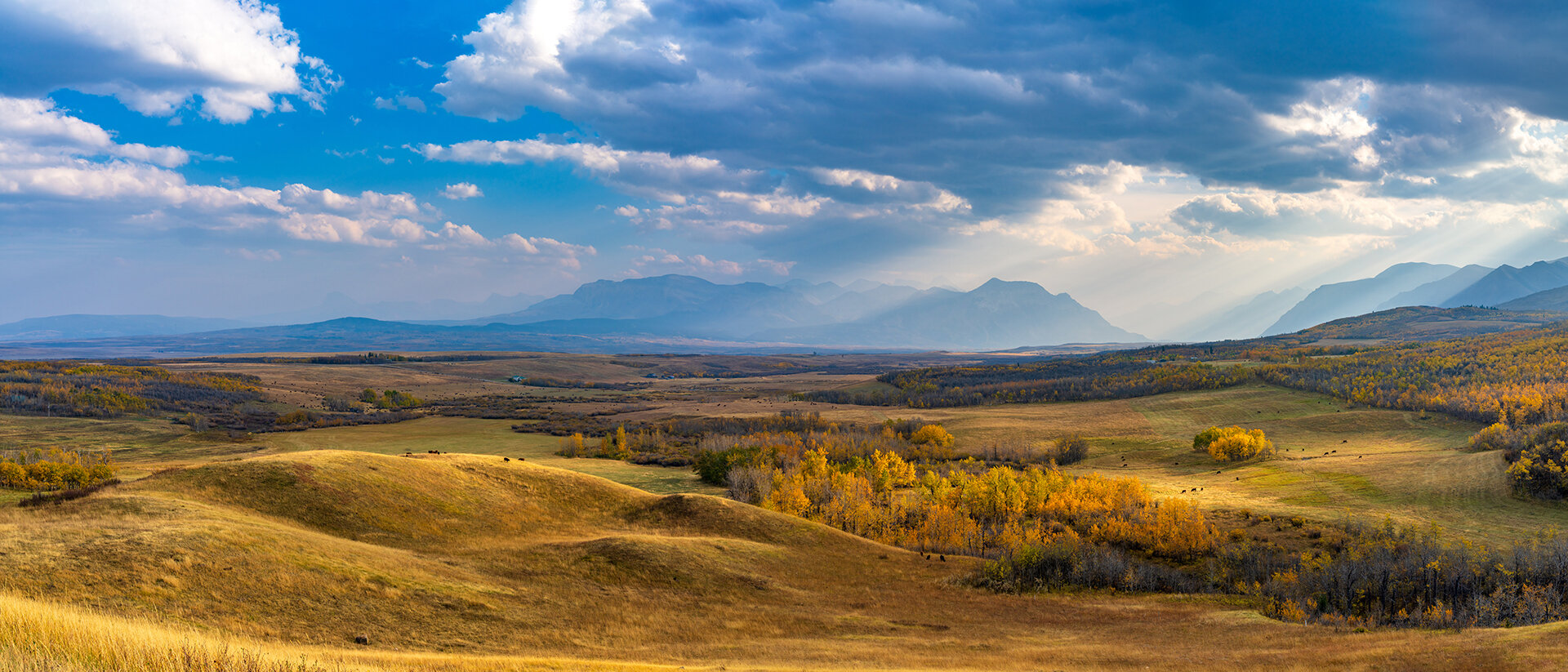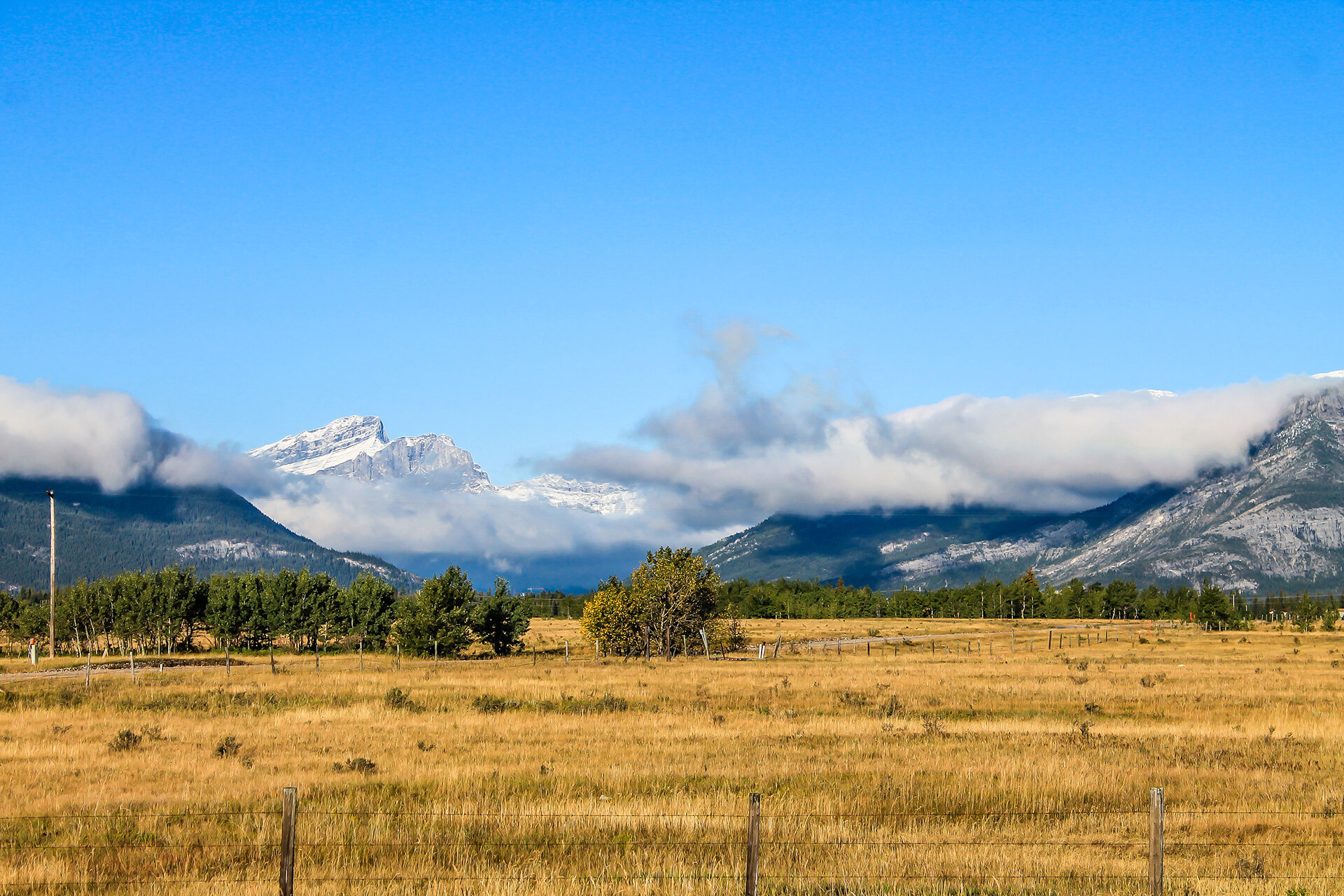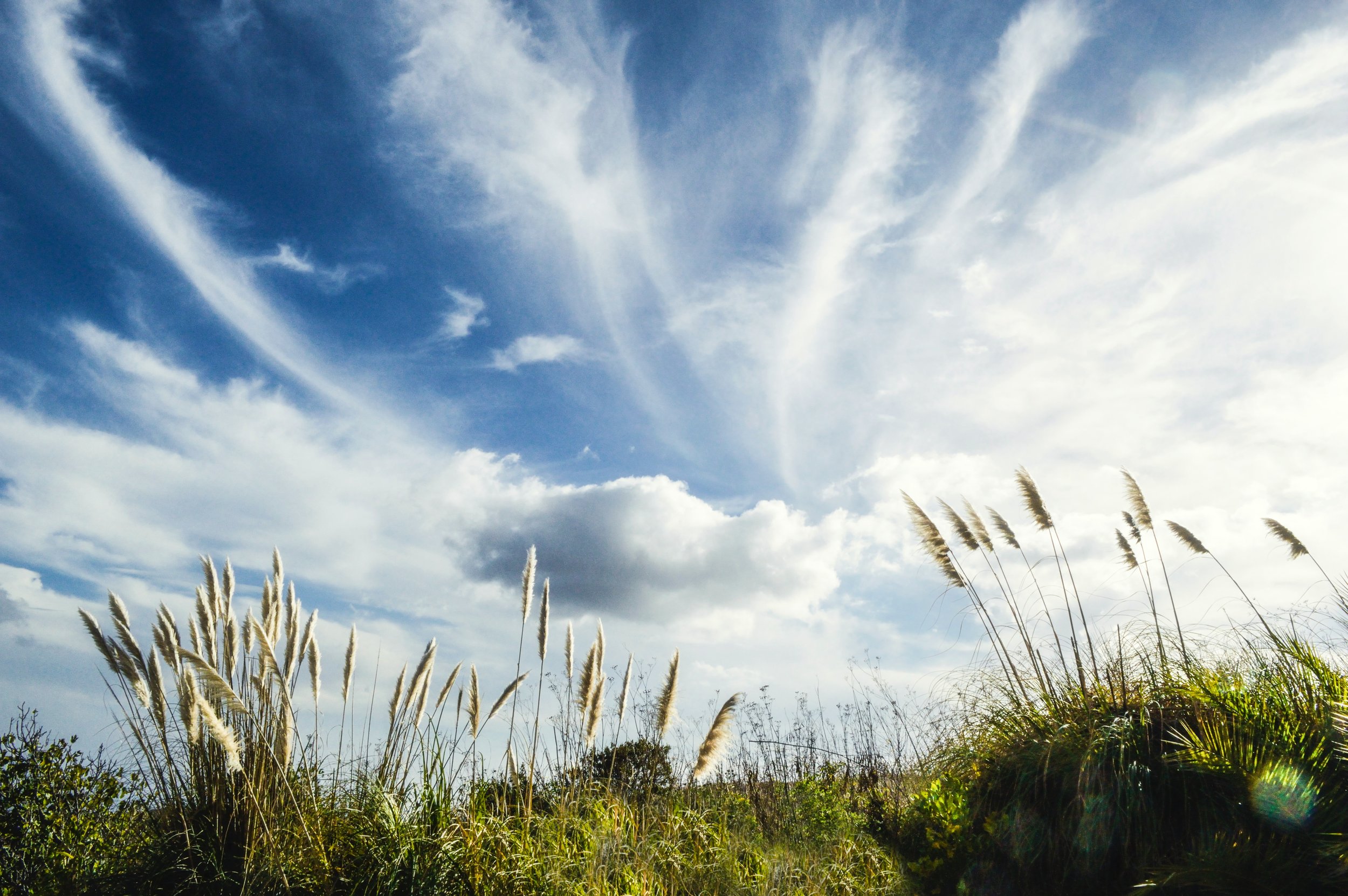
Tapping Into the Value of Ecosystem Services
Leading The Way
The Western Stock Growers’ Association has championed the development of a Grasslands Conservation Exchange. They are a true grassroots organization with an understanding of the complexity of a conservation marketplace and its implications for ranchers and society.
Much of the grasslands in Alberta are privately owned, where stewardship through conservation, management, and restoration of prairie ecosystems are implemented voluntarily by private landowners. Historically there have been strong economic reasons for landowners to maintain or expand their cultivated agriculture land base, often at the expense of native prairie. For these reasons, the WSGA with their partners created an innovative financial market that is based on a profitable exchange of long-term (grasslands) ecosystem services and solutions.


What Are Ecosystem Services?
Ecosystem services are the direct and indirect contributions and benefits that nature provides to society and overall human well-being.
They include functions such as water storage, water purification, and quality, healthy habitat for wildlife (including species at risk), biodiversity, soil health and carbon storage. Grasslands are also home for prairie-dependent plants and animals, beneficial insects, and soil organisms. Grasslands also contribute to human well-being by providing areas for recreation and aesthetic landscapes to enjoy. Conservation markets established for ecosystem services benefits are a means of recognizing the value healthy ecosystems provide to society, while providing land owners with incentives for sound land management decisions that serve to maintain or improve quality or minimize environmental degradation.
What are the benefits?
Grasslands ecosystems provide direct benefits to people including carbon storage and sequestration, water storage and water purification. Grasslands are also home for prairie-dependent plants and animals, beneficial insects, and soil organisms. The loss of native prairie habitat is the main driver of population declines.
Much of the grasslands in Alberta are privately owned, where stewardship through conservation, management and restoration of prairie ecosystems are implemented voluntarily by private land owners. Historically there have been strong economic reasons for land owners to maintain or expand their cultivated agriculture land base, often at the expense of native prairie.
The Framework of a Grasslands Conservation Exchange
A grasslands conservation market provides an economic incentive for land owners to conserve, preserve or restore native prairie and deliver ecosystem services benefits to society. The proposed exchange is the system through which the value of ecosystem services can be determined and through which transactions can take place between buyers and sellers.

benefits for ranchers & society
Learn about the exchange process.
Acknowledgements
The Western Stock Growers’ Association acknowledges the insights and valuable contributions of the Grasslands Advisory Committee to this initiative. The following members have provided their expertise and time to develop the Grasslands Conservation Exchange: Bill Newton, Norm Ward and Lindsye Murfin of Western Stock Growers Association; Lara Ellis of Alternative Land Use Services (ALUS); Tom Lynch-Staunton of Nature Conservancy Canada (NCC); Paul McLauchlin, Reeve Ponoka County; Kim Cornish, Food Water Wellness; Grant Lastiwka, forage consultant; Josie Van Lent, Lakeland College; and Carrie Selin, EcoServices Network.
In addition, this project would not have been possible without the financial and leadership support of Alberta Innovates, Alberta Biodiversity Monitoring Institute and the EcoServices Network.

trading between buyers and sellers
Learn about the environmental values







